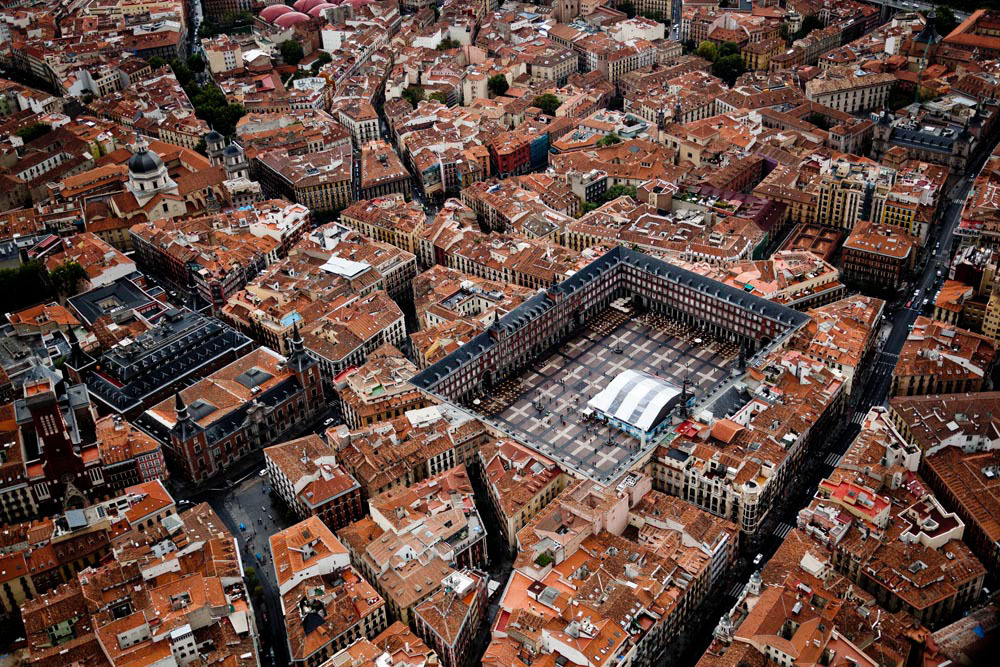- Joined
- Dec 10, 2011
- Messages
- 5,599
- Reaction score
- 2,717
Is this tall vs small people or tall vs small buildings?
I thought it was buildings, and, for buildings, I propose some kind of rule of thumb whereby desired height is proportional to the "throughput" of the infrastructure within 1 block.
Maybe 1 story for each of 1,000 pedestrians or passengers you move on the sidewalk or by transit. (I don't know what a good ratio is, but I know there is one that would "force" the massing of buildings atop the most active nodes (Back Bay, North Station, South Station....and Harvard, if they'd let us)
(Cars would count too, but they struggle to move people in sufficient numbers)
I would want the building-height envelope to exactly track the available transit. For example, in the seaport, the tallest buildings would be 1 block from the Silver Line stations, 2 blocks away, you'd get half the height. Height along the water would be limited not for "views" but rather because there's no transit there.
Adding transit would result in automatic up-zoning.
I thought it was buildings, and, for buildings, I propose some kind of rule of thumb whereby desired height is proportional to the "throughput" of the infrastructure within 1 block.
Maybe 1 story for each of 1,000 pedestrians or passengers you move on the sidewalk or by transit. (I don't know what a good ratio is, but I know there is one that would "force" the massing of buildings atop the most active nodes (Back Bay, North Station, South Station....and Harvard, if they'd let us)
(Cars would count too, but they struggle to move people in sufficient numbers)
I would want the building-height envelope to exactly track the available transit. For example, in the seaport, the tallest buildings would be 1 block from the Silver Line stations, 2 blocks away, you'd get half the height. Height along the water would be limited not for "views" but rather because there's no transit there.
Adding transit would result in automatic up-zoning.
Last edited:



